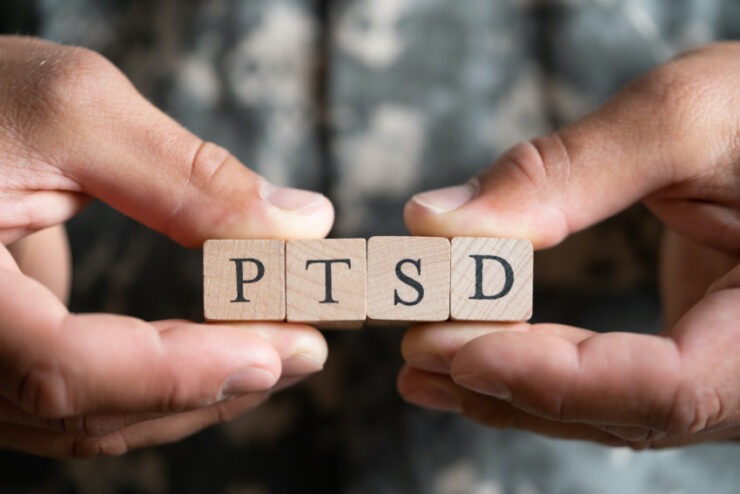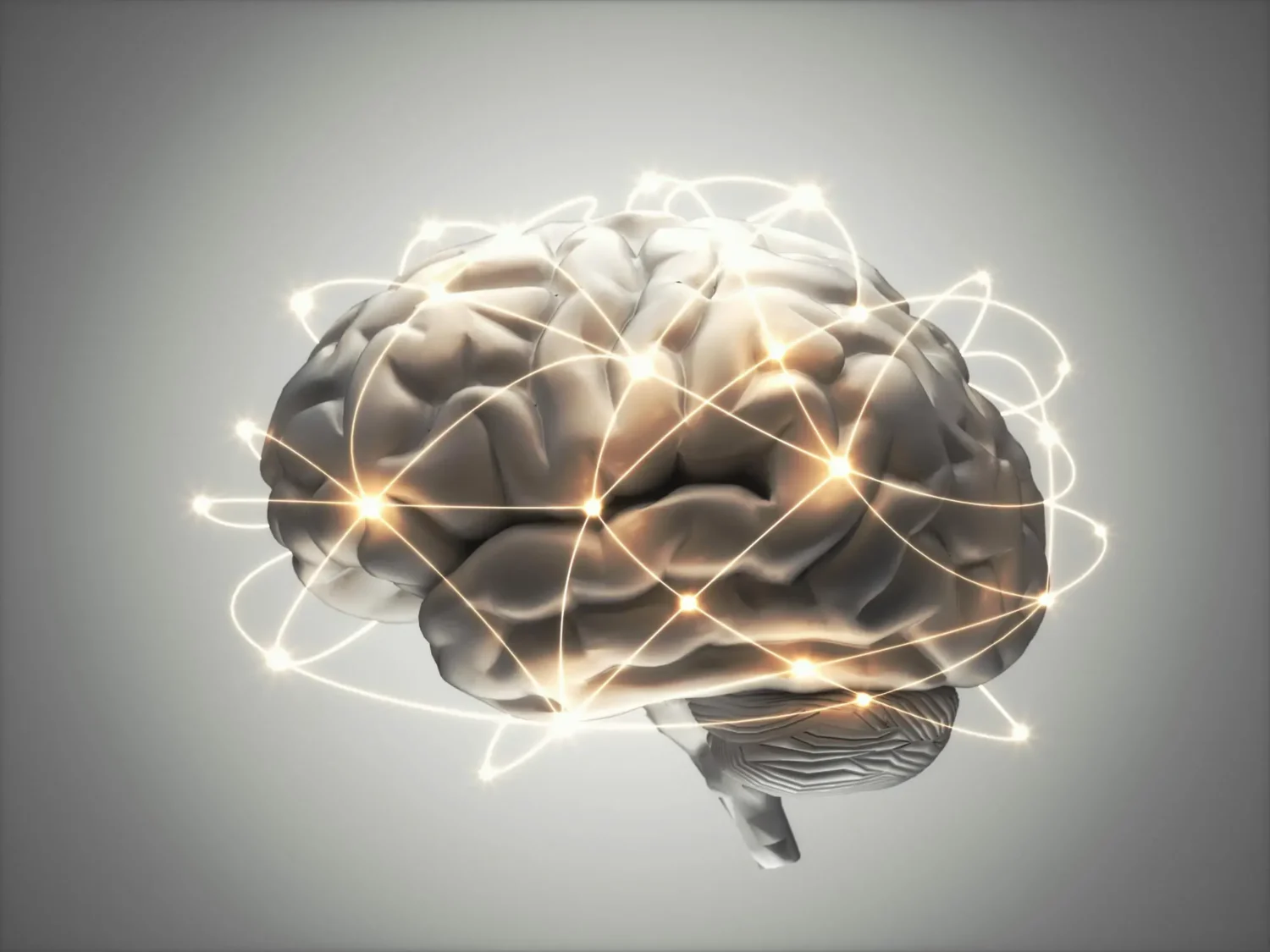An integrative approach to medicine fuses conventional treatment with unconventional treatment regimes. The conventional approach to medicine involves the use of drugs (pharmacological agents), injections and surgeries. In contrast, the unconventional treatment regimen involves nutritional supplements, massages, stress management (music, art therapy) etc., to deal with a patient’s symptoms.
The integrative approach to medicine is increasingly being adopted by doctors across the field. However, the utility of integrative medicine in neurological disorders has gotten the maximum recognition given the complexity and long-term nature of neurological disorders.
In this blog post, you will read about some common integrative neurological approaches that have helped in dealing with disorders like Parkinson’s and Dementia.
The Potential Of Integrative Medicine In The Field Of Neurology

Neurology is the branch of medical science that deals with the network of nerves in our body. It also deals with the most complex organ of the body, which is the brain. Hundreds of nerves, millions of synapses and several neurotransmitter combinations regulate the nervous system.
Hence, any nervous system defect is difficult to treat, and conventional medicine does not guarantee complete recovery. So many doctors suggest a combination of therapies so that the patient can live his life as normally as possible.
Dealing With The Symptoms Of Parkinson’s Disease
Parkinson’s disease is a common disorder diagnosed in almost ninety thousand older adults in the US every year. The classic symptom of the disease is feeling tremors that usually begin in one hand. However, as the disease progresses, the frequency of the tremors increases, there are problems in maintaining the body balance, and there is overall body stiffness.
The symptoms of Parkinson’s disease are attributed to nerve damage and the falling levels of the neurotransmitter dopamine. The conventional treatment involves the usage of Levodopa. Levodopa increases the supply of dopamine in the body to compensate for the amount that the body cannot produce. However, the pharmacological approach is insufficient to enhance the patient’s quality of life significantly.
Hence many integrative studies have made use of unconventional therapies to deal with the symptoms of Parkinson’s disease. Some patients have seen an improvement in their body balance when they have used massage therapy or exercise regimes like Qigong exercise.
Apart from exercise, herbal treatments have shown great promise when it comes to Parkinson’s disease. Many Chinese herbs have been reported to have modulatory effects on mitochondria and antioxidant activity within the cell.
The exact mechanism by which the herbs work is still being explored. However, most nerve damage happens because of the reactive oxygen species or ROS within the nerve cell. And the antioxidative property of the herbal preparations possibly helps prevent further nerve damage and worsening of symptoms once the disease sets in.
Some natural elements like Korean Red Ginseng have been reported to have neurogenic activity. The exact mechanism by which Ginseng may alleviate the symptoms of Parkinson’s disease is still a mystery. Yet many experts believe that the ability of Red Ginseng to generate new neurons (stem cells) in subventricular regions of the brain very likely helps treat the disease.
Dealing With The Symptoms Of PTSD (Post-Traumatic Stress Disorder)

Post-traumatic stress disorder is often reported in soldiers who have spent several years fighting in wars. The most common symptoms of PTSD involve waking up to nightmares, having flashbacks of stressful situations, anxiety etc.
Most doctors who help patients deal with PTSD suggest a combinatorial approach that involves art therapy, exercise, group activities etc.
The root cause of post-traumatic stress disorder is not known. However, scientists claim that fear conditioning, emotional arousal etc. have a role to play in eliciting flashbacks or anxiety. Many studies have seen a positive correlation between yoga/mindfulness practices etc., and better management of PTSD.
Integrative treatment therapies for PTSD are still in the formative stages. And as many war veterans return from war-torn countries like Afghanistan, more veterans may benefit from integrative approaches.
Dealing With Symptoms Of Dementia
Dementia is a common problem in older adults. The most common symptoms include loss of memory and a confused state of mind. People who suffer from Dementia often repeat questions and get lost even in familiar settings.
Experts believe that most symptoms of Dementia happen because of brain cell damage, which impairs neurotransmitter release. Most doctors prescribe medicines that block enzymes that inhibit acetylcholine. Acetylcholine is involved in memory consolidation and helps a person in paying attention.
However, conventional approaches alone are insufficient in improving the quality of life of patients and caregivers. Hence unconventional approaches like exercise are useful. Exercise helps keep the brain healthy.
Exercise has been reported to increase Brain-Derived Neurotrophic Factor or BDNF levels in the brain. Apart from BDNF, exercise also stimulates the release of Insulin-Like Growth factors or IGF. BDNF and IGF have been reported to increase cognitive function. So exercise may help older adults manage symptoms of Dementia in a better manner.
Apart from exercise, music therapy positively impacts people who suffer from progressive cognitive decline. Several studies have shown that music therapy has improved mood and positively impacted patients with Dementia.
Finally, nutritional interventions can also help deal with Dementia. The brain needs a high amount of glucose to function. With age, the brain’s ability to metabolize glucose decreases. So active attention to the maintenance of glucose levels in the brain becomes essential. However, visualizing the changes in the glucose level in the brain is quite a challenge at present. Nonetheless, good nutrition does help deal with age-related diseases.
Conclusion

Integrative medicine utilizes decades of experience, evidence-based know-how, and traditional knowledge to deal with the symptoms of a disease. Integrative medicine does not oppose allopathic or conventional treatment regimes. Instead, it uses the best of both worlds (conventional and unconventional medicine) to deal with a disease.
Integrative approaches have shown a lot of promise regarding neurological disorders. However, most of the treatment regimes are in their experimental stages, and new paradigms are being discovered regularly.

